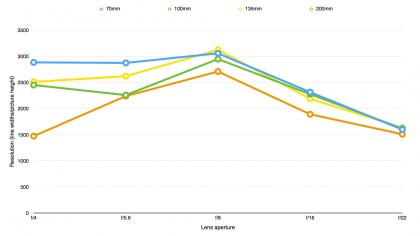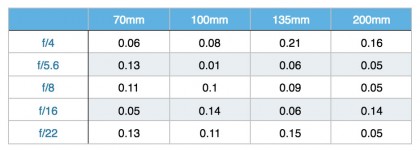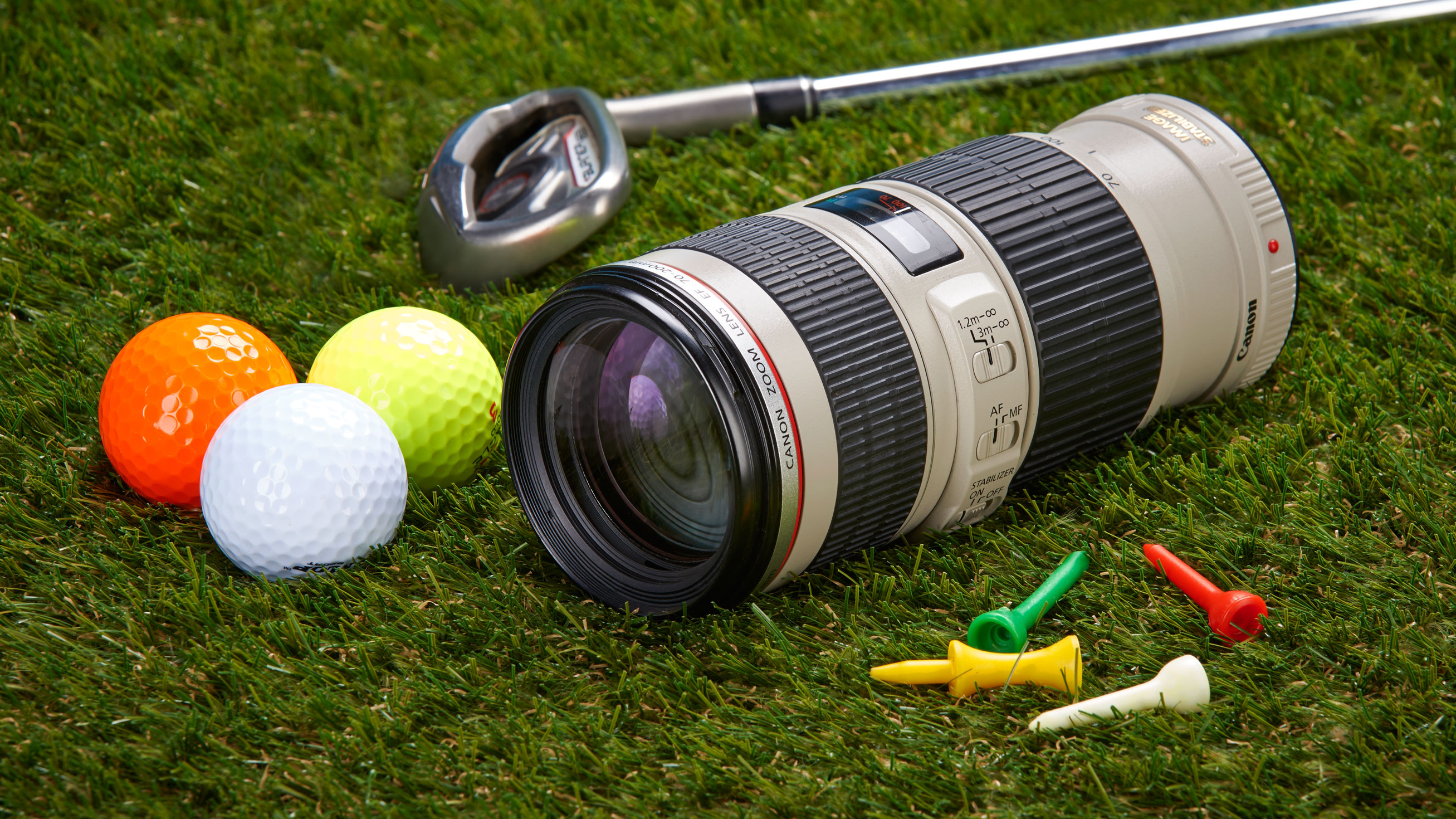TechRadar Verdict
The Canon telephoto delivers fabulous image quality through its zoom range, along with the some of the best lab scores for sharpness for a lens of this type.
Pros
- +
Sharpness across the zoom range
- +
weather sealing
- +
autofocus speed
Cons
- -
Good but not great for chromatic aberration
Why you can trust TechRadar
Mounts: Canon Format: Full frame Construction: 20 elements in 15 groups, eight diaphragm blades Closest focus distance: 120cm Filter thread: 67mm Autofocus: ultrasonic (ring) Dimensions: 76 x 172mm, 760g Tested on: Canon EOS 7D
Like many of Canon's L-series (luxury) lenses, this one is finished in cream or off-white, rather than the usual black. The idea is that the outer surface reflects more light, and therefore incurs less heat build-up when used in bright sunlight for long periods of time. However, with fairly large areas being given over to the black zoom and focus rings, the difference is likely to be minimal.
Another similarity between this and most other Canon L-series lenses is that it has a weather-sealed construction, which is lacking in the non-stabilised edition of the EF 70-200mm f/4L USM.
The image stabiliser itself is rated for a four-stop effectiveness, and comes complete with switches on the lens barrel for on/off and selection of mode 1 or 2. Mode 2 is for horizontal panning, as it applies stabilisation only in the vertical plane.
Other switches are included for AF/MF focusing and an autofocus range limiter, optionally locking out the closer 1.2-3m section of the range to make focusing faster and more reliable, potentially, for more distant subjects.
Performance
Aided by a top-quality fluorite element and two Ultra-Low Dispersion elements, sharpness and contrast are exceptional throughout most of the zoom range, and are still extremely good at the longest 200mm focal length. The Canon is also better than most at hanging on to sharpness towards the corners of the frame, when using wide apertures. Colour fringing and distortion are fairly low, while autofocus is rapid.
Test results
Sharpness: At all but the very longest end of its zoom range, the Canon f/4 telephoto beats practically all its main rivals for sharpness.

Fringing: There's good control over colour fringing, although the Canon 70-200mm is not the best lens of its type in this respect.

Distortion: The change from barrel (negative numbers) to pincushion (positive numbers) through the zoom range is typical, but the actual amounts in each case are low.
70mm: -0.59
100mm: 0.08
135mm: 0.48
200mm: 0.76
Verdict: The Canon telephoto delivers fabulous image quality through its zoom range, along with the some of the best lab scores for sharpness for a lens of this type.
